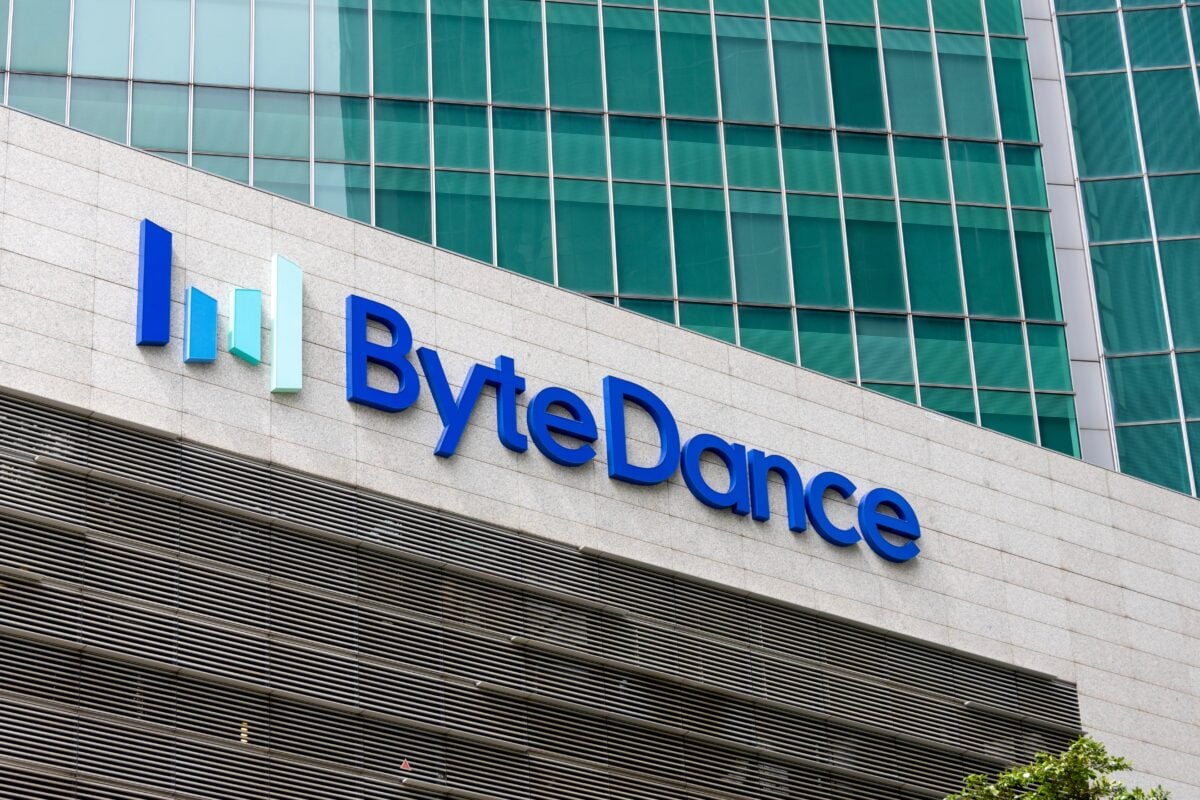
ByteDance founder Zhang Yiming has quietly stepped back into the spotlight, reasserting his influence over the company’s AI ambitions—marking a major development in China’s increasingly competitive tech scene.
After resigning as CEO and chairman in 2021 and maintaining a low public profile, Zhang has now returned to an active role, particularly in ByteDance’s artificial intelligence strategy. Insiders report that since mid-2024, he’s been attending internal AI meetings, collaborating with researchers, and shaping the company’s long-term direction. Although currently based in Singapore, Zhang regularly travels to China to work closely with ByteDance’s top AI talent.
His return comes at a critical juncture in China’s AI race, as companies like Alibaba, Tencent, and the fast-rising SenseTime intensify their efforts to dominate the space. Zhang’s focus is especially geared toward artificial general intelligence (AGI)—the pursuit of machines that can think and reason like humans across a broad range of tasks. This renewed focus is not symbolic; he’s said to be deeply engaged in setting research priorities and aligning ByteDance’s roadmaps with AGI milestones.
ByteDance, widely known for TikTok, is now positioning itself as a serious player in advanced AI. The company has recently launched affordable AI tools aimed at outpacing rivals on both innovation and accessibility. Analysts believe this pricing strategy is a direct response to emerging competitors like DeepSeek, which have gained traction with cost-effective models.
At the same time, companies like SenseTime are advancing rapidly, rolling out multimodal platforms such as SenseChat that can handle text, audio, and video inputs simultaneously. While ByteDance hasn’t disclosed its own developments in this space, Zhang’s renewed involvement suggests major updates are in the pipeline.
Zhang’s quiet return also symbolizes a shift in power dynamics within China’s tech ecosystem. The traditional tech giants—Baidu, Alibaba, and Tencent (collectively known as BAT)—are now sharing the stage with newer, fast-moving players like ByteDance and SenseTime. In this evolving landscape, Zhang’s leadership could bring focus and speed to ByteDance’s AI efforts, particularly as China pushes toward its goal of global AI leadership by 2030.
Though ByteDance has not officially confirmed Zhang’s role, his behind-the-scenes presence speaks volumes. It reflects the company’s sharpened intent to lead not just in social media, but in the foundational technologies that will define the next era of digital competition.







